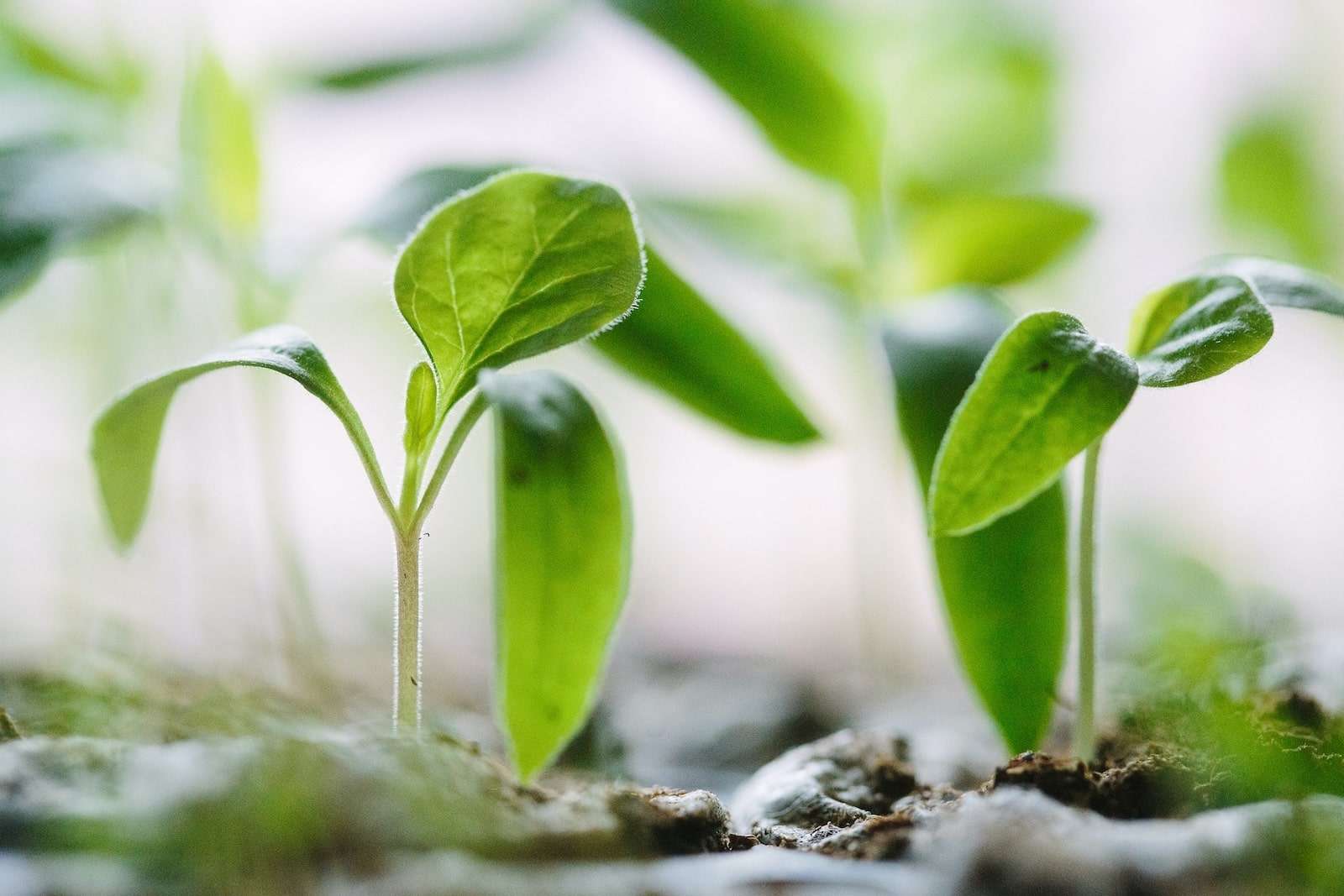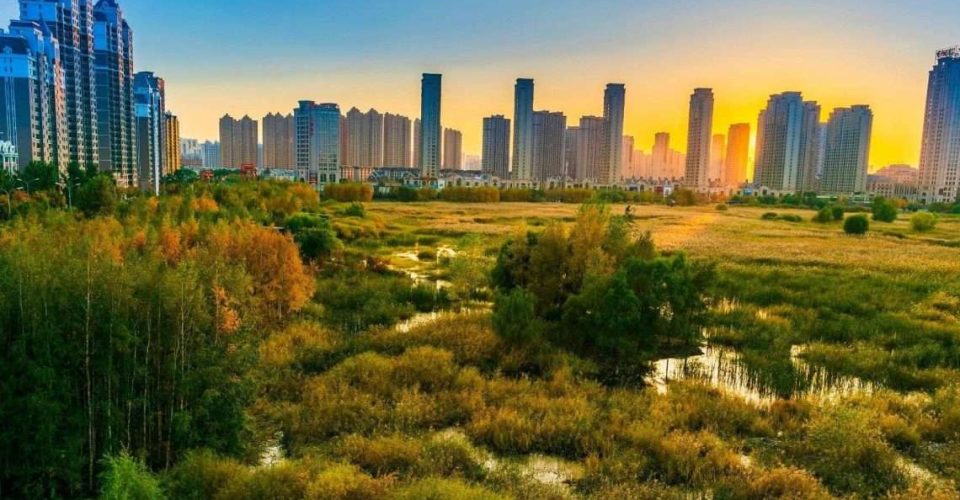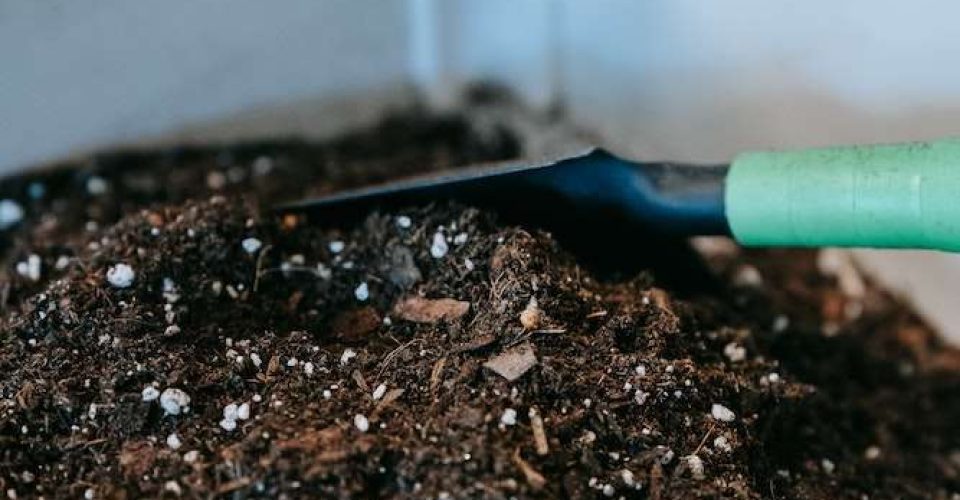Saving seeds, especially indigenous varieties, is a major game-changer for humanity’s food security and the essential (and yummy and beautiful!) varieties of plant life on Earth.
In a world full of challenges like changing growing seasons and an increasing population, we need smart solutions. And one of those solutions happens to be as old as time itself–saving seeds and embracing indigenous plants in our gardens. It’s like a secret recipe passed down through generations, and it’s got some serious superpowers.
Luckily there are people around the world, like these six seed-saving superstars, working to save both old and new varieties of seeds to boost their local food security and ensure that future generations have access to these important plants.
- Tina Davies – Prince Edward Island, Canada
Meet Tina Davies, a passionate seed saver hailing from the picturesque Prince Edward Island (PEI) in Canada whose seed-saving efforts are not just about preserving the past; they’re also about securing a resilient future for local agriculture.
Tina is a seed-saving superstar on a mission to preserve heritage plants while also promoting sustainable agriculture practices and biodiversity in PEI. She’s a tireless advocate for the conservation of indigenous plant varieties, ensuring that they don’t disappear into obscurity.
To read more of Tina’s story check out this article by CBC.
- Tiffany Traverse – Treaty 8, Alberta, Canada
A remarkable individual with a deep connection to the land, Tiffany Traverse has a passion for preserving indigenous seeds. Tiffany’s efforts go far beyond just planting and cultivating indigenous seeds; she’s a true advocate for their recognition and preservation. She understands that these seeds are not just a source of sustenance but also a repository of cultural identity, resilience, and wisdom.
These seeds play a vital role in preserving cultural heritage and enhancing food security, and Traverse’s tireless efforts serve as a testament to the enduring strength of indigenous traditions and the profound impact that individuals can have when they dedicate themselves to protecting our shared natural and cultural heritage.
Read more of Tiffany’s story here.
- Caleb Musgrave – Hiawatha First Nation, Hastings, Ontario, Canada
Caleb Musgrave is an individual who has earned recognition and respect in the realm of horticulture and botany. With a boundless enthusiasm for plants and an extensive knowledge of their care and cultivation, Caleb has become a notable figure in the world of gardening and plant science.
In a world where reconnecting with nature and sustainable living are increasingly crucial, Musgrave’s dedication to plant preservation and his commitment to sharing his expertise inspire and empower people to cultivate their love for plants, fostering a deeper appreciation for the green wonders that surround us.
Read more about Caleb’s story, and his methods here.
- Michelle Week – Portland, Oregon, USA
A shining example of resilience and resourcefulness in the face of environmental challenges, Michelle Week hails from the Sinixt Indigenous community near Portland, Oregon, USA. Michelle has harnessed her deep knowledge of traditional practices and a profound connection to the land to adapt her farm to the ever-changing seasons.
Michelle draws techniques from Indigenous traditions and wisdom, demonstrating how ancient practices can help combat the pressing challenges of our time. Her farm is not just a place of cultivation but a living example of how we can adapt and thrive in harmony with the land, even in the face of climate uncertainty.
You can virtually visit her farm here on Youtube.
- Vandana Shiva – Doon Valley, Himalayas
Vandana Shiva is a prominent Indian environmental activist, physicist, author, and advocate for sustainable agriculture and social justice. She has become an iconic figure in the global movement for environmental conservation and food sovereignty.
Shiva’s advocacy centers on the idea of seed sovereignty, which emphasizes the importance of preserving and protecting traditional seed varieties and promoting organic farming practices. She co-founded the Navdanya movement in 1987, an organization dedicated to conserving biodiversity, promoting sustainable agriculture, and supporting small-scale farmers.
Learn more from Vandana in this Q&A with BBC to find out more about her practice and life story.
- Rahibai Soma Popere – Maharashtra, India
Rahibai’s journey into seed conservation began when she started collecting and saving indigenous seeds from her own farm. These seeds, adapted to the local climate and soil, proved to be hardy and resilient, enabling her to produce nutritious crops even in adverse conditions. Realizing the significance of these seeds for food security, she became a staunch advocate for seed preservation.
Through her efforts, Rahibai has managed to conserve over 50 varieties of indigenous crops, including millets, pulses, and vegetables. She has also established a community seed bank, where farmers can access and exchange these precious seeds, ensuring their continued cultivation and diversity.
To learn more about Rahibai and her work, read this article on the ‘Seed Mother’.
These forward-thinking individuals and their work exemplify the profound impact that one person can have on the world. Their unwavering commitment to preserving indigenous seeds, boosting food security in their local communities, educating others, and promoting sustainable farming practices has not only improved nutritional access for their communities but also set powerful examples for the preservation of agricultural biodiversity and rural empowerment on a global scale.
What will you do with your seeds?
.
.
Photo by Francesco Gallarotti



